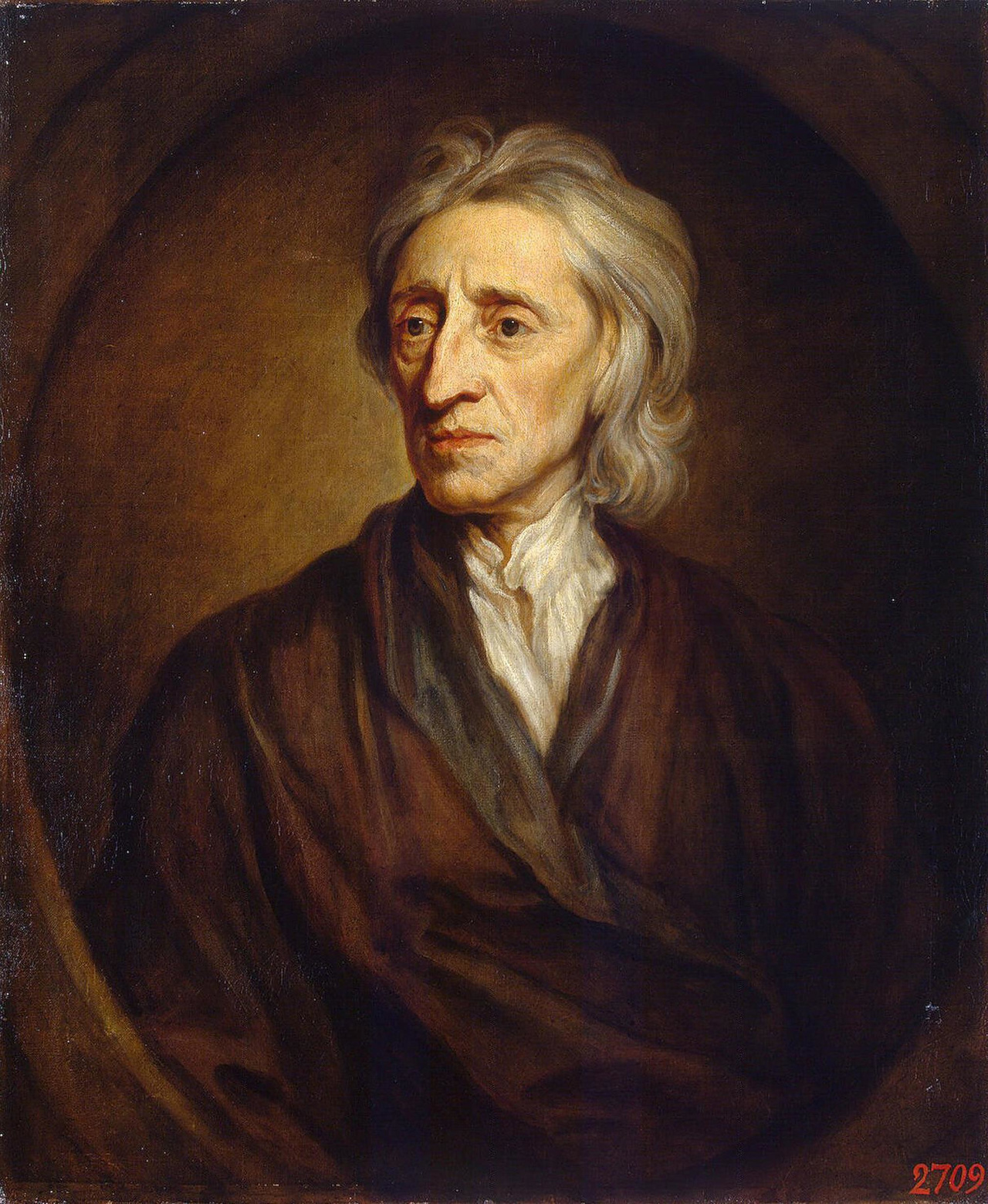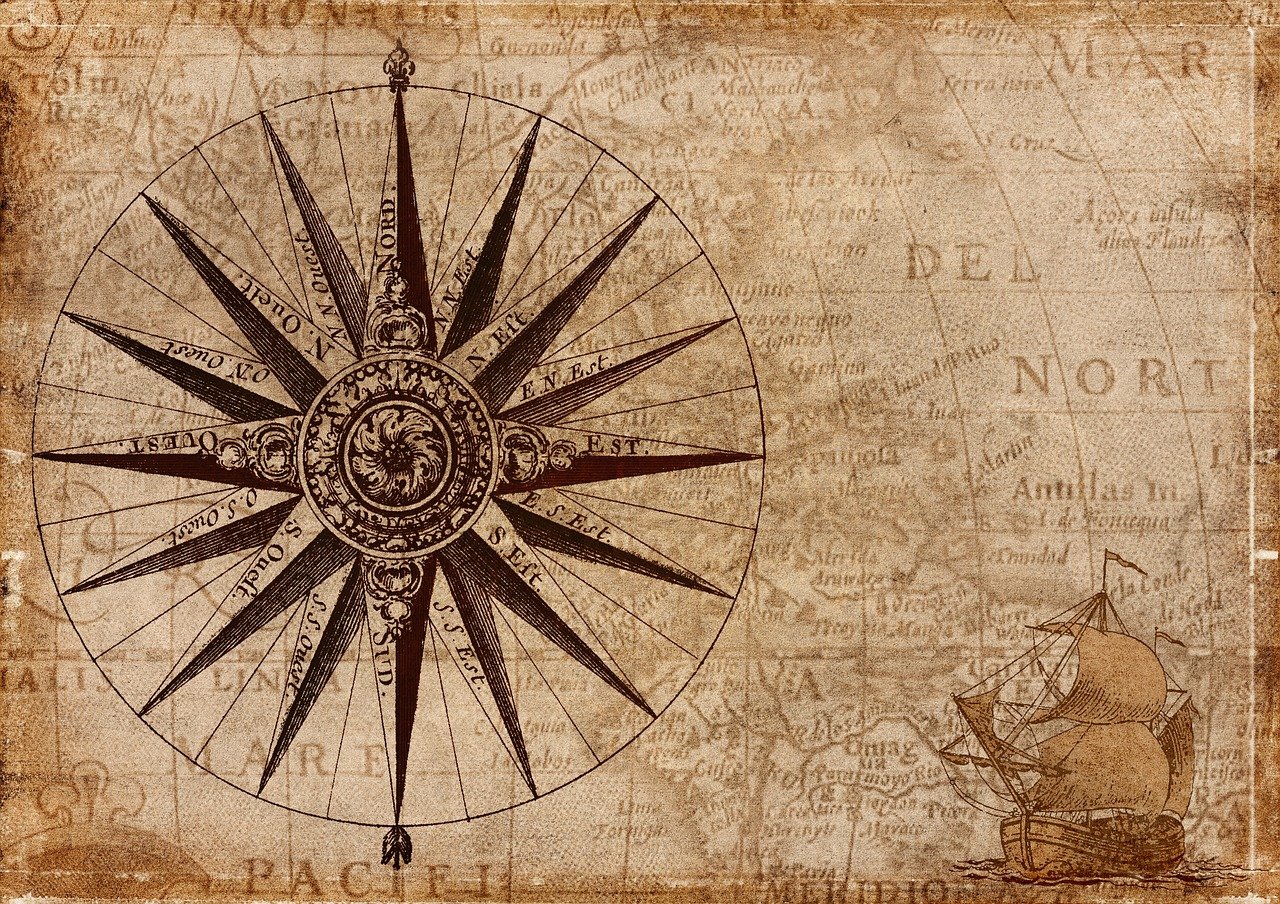John Locke (1632–1704)
John Locke (1632–1704) remains a cornerstone figure in the history of philosophy, remembered for forging the liberal intellectual tradition that underpins much of modern political thought.
Born in the small village of Wrington, England, and raised amidst the political upheavals of the English Civil War, Locke’s formative years were marked by an environment in which traditional authority was being questioned, scientific inquiry was flourishing, and religious tolerance was emerging as a social imperative.
Educated at the prestigious Westminster School and later Christ Church, Oxford, Locke’s early interests lay in medicine and the sciences. He became deeply involved in the intellectual circles of his time, befriending important scientists like Robert Boyle and working under the mentorship of Thomas Sydenham, a leading physician. This grounding in empirical investigation shaped Locke’s approach to philosophy: knowledge, he contended, came not from innate ideas, but through experience, observation, and reflection on the world.
Locke’s major philosophical contributions emerged during his politically charged exile in the Netherlands, published after the Glorious Revolution of 1688. His Two Treatises of Government (1689) presented a new vision of legitimate governance rooted in natural rights—life, liberty, and property—while championing the consent of the governed and the accountability of rulers. In An Essay Concerning Human Understanding, he set forth his theory of the mind as a “tabula rasa”, a blank slate etched by experience, a radical departure from notions of inborn knowledge.
Upon his return to England, Locke’s writings proved foundational for the Enlightenment, influencing figures such as Voltaire, Rousseau, and the Founding Fathers of the United States. Known for his careful style, methodical rigor, and intellectual modesty, Locke died quietly in 1704, leaving behind a legacy that endures in political liberalism, educational philosophy, and the ethos of individual rights.
Image credit: Godfrey Kneller, Public domain, via Wikimedia Commons
Weekly Popular
Newsletter
Subscribe to our newsletter to stay up-to-date on our latest news and announcements.







